Symantec confirms split into separate security & storage entities
Storage and security will be separated as Symantec tries to boost sales in both
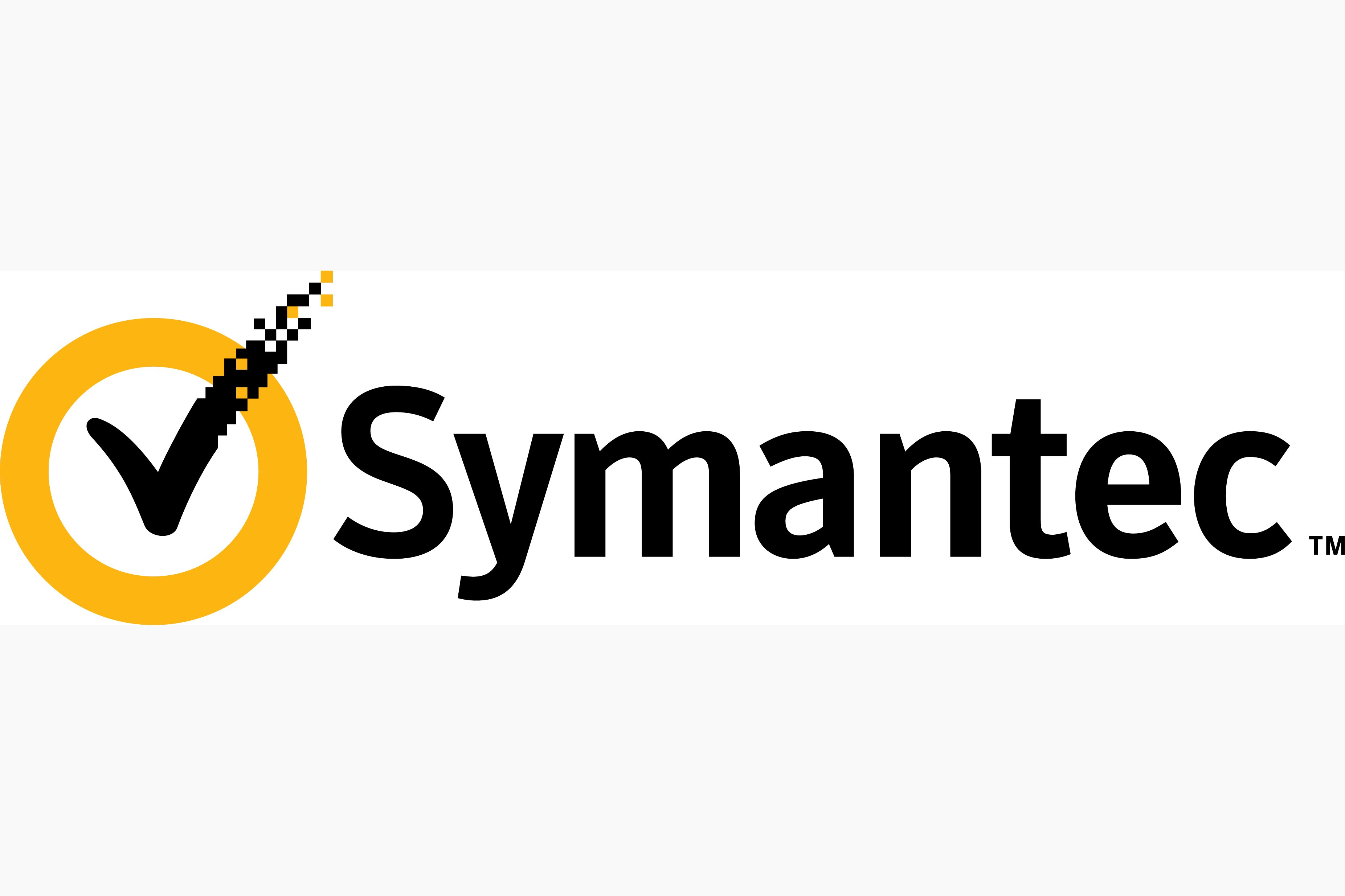
Security vendor Symantec today announced its intention to split into two companies, just a week after HP did the same.
The anti-virus vendor will divide its business into an IT security arm as well as a backup, recovery and storage division, an area in which Symantec has been building its reputation over recent years.
The company said it took the decision in order to focus on both the security and storage areas, with separate strategies for each, claiming it will lead to growth in both.
CEO Michael Brown said in a statement: "As the security and storage industries continue to change at an accelerating pace, Symantec's security and IM [information management backup and storage] businesses each face unique market opportunities and challenges.
"It has become clear that winning in both security and information management requires distinct strategies," he added.
Security
But the decision comes as Symantec struggles in the security trade, faced with declining PC sales and a rise in mobiles and tablets that its anti-virus business cannot serve.
Get the ITPro daily newsletter
Sign up today and you will receive a free copy of our Future Focus 2025 report - the leading guidance on AI, cybersecurity and other IT challenges as per 700+ senior executives
While its security products generated 2.6bn in 2014, overall company revenue fell 3 per cent to 4.1bn this year, while its operating income dropped nearly 20 per cent.
The security side of the brand, which has never escaped its Norton heritage, will be free to focus on the future with less distraction from the storage business.
Its CEO, Steve Bennett, was fired earlier this year after slowing sales, with Michael Brown parachuted in to take on the role.
In a statement to IT Pro, IDC associate director of information security Fayaz Khaki, said: "The security market has and continues to evolve away from the areas in which Symantec have traditionally generated the most revenue.
"As a result their security business has come under threat recently by other niche vendors and also by smaller vendors who have been able to respond to market changes quicker."
He concluded the split makes sense if the company is, as suspected, having problems integrating its security and storage businesses.
Symantec bought enterprise backup software firm Veritas a decade ago, but Forrester's Stephanie Balaouras argued many of its products have grown outdated and Symantec has struggled to integrate it with its security side as a result.
"[Veritas] had the leading volume manager, file system, host-based replication, and clustering technology in the market, but the latter products have all since had limited success as technology has changed," she said.
Symantec has outlined its security division offering, encompassing consumer and enterprise endpoint security, endpoint management, encryption, mobile, Secure Socket Layer (SSL) certificates, user authentication, mail, web and datacentre security, data loss prevention, hosted security and managed security services.
Quocirca security analyst Bob Tarzey was more upbeat about Symantec's prospects, pointing out that its security line up goes beyond simply protecting PCs running Windows.
"PC end-point security sales are important to Symantec, but are not the be all and end all, it has a lot of enterprise security offerings and extensive customer and channel relationships in that area," he told IT Pro.
"The security side of the brand, which has never escaped its Norton heritage, will be free to focus on the future with less distraction from the storage business."
Storage
Symantec sees a 10bn market in storage by 2018, and claims its backup and storage business serves three-quarters of the Fortune 500, and is worth 1.6bn.
Its storage strategy will focus on on-premise and cloud solutions, including NetBackup and Recovery-as-a-Service for the Microsoft Azure cloud aimed at cutting total cost of ownership for storing data.
It also hopes to give more visibility and management capabilities to companies looking to get increased value from their data.
Next year should see the release of Information Fabric, which Symantec claims will give customers more insight into their confidential and sensitive information by using metadata from other tools like NetBackup, Enterprise Vault, DLP, Endpoint Protection and Clearwell.
Gartner had a mixed reaction to Symantec's storage offering, saying its backup products lag behind those of rivals.
"Some of the new functions are playing catch-up with competitors," analysts Gene Ruth, Peter Firstbrook and Tiffani Bova said in a report.
But the analyst house pointed to Information Fabric as a way Symantec could modernise its storage products.
"Symantec's message around Information Fabric Platform' suggests the company will integrate backup, archiving, data loss prevention and e-discovery into a larger, more comprehensive data management solution," analysts Jimmie Chang and Jie Zhang said.
"Cloud, bring your own device (BYOD) and enterprise file synchronisation and sharing are also possibly opening new opportunities to the company."
Meanwhile, Forrester analyst Henry Baltazar said its range of products could see Symantec snapped up by a rival.
He said: "Storage is moving away from appliances and towards software-only storage. Symantec's storage assets would be easier to acquire without the security business because its backup and archive solutions could flesh out a vendor's software-defined storage portfolio."
Are two companies really better than one?
Forrester's Balaouras sounded a note of caution on the split, questioning whether it will help Symantec target IT managers whose priorities include consolidating resources and working with fewer suppliers.
"As standalone companies, they are less appealing as to a CIO who is looking for a handful of strategic partners in technology," she said. "The artist formerly known as Veritas is appealing to the VP of IT operations, while the security part of Symantec would be appealing to the CISO."
However, HP has also announced plans to split down the middle, creating two new companies.
Hewlett-Packard Enterprise will cover its server, networking, storage and cloud technologies, among others, while HP Inc will take on its legacy businesses of PCs and printing.
-
 Cleo attack victim list grows as Hertz confirms customer data stolen
Cleo attack victim list grows as Hertz confirms customer data stolenNews Hertz has confirmed it suffered a data breach as a result of the Cleo zero-day vulnerability in late 2024, with the car rental giant warning that customer data was stolen.
By Ross Kelly
-
 Lateral moves in tech: Why leaders should support employee mobility
Lateral moves in tech: Why leaders should support employee mobilityIn-depth Encouraging staff to switch roles can have long-term benefits for skills in the tech sector
By Keri Allan
-
 Power stations under attack from long-running hacking campaign
Power stations under attack from long-running hacking campaignNews Dragonfly threat group is ramping up activities, say researchers
By Adam Shepherd
-
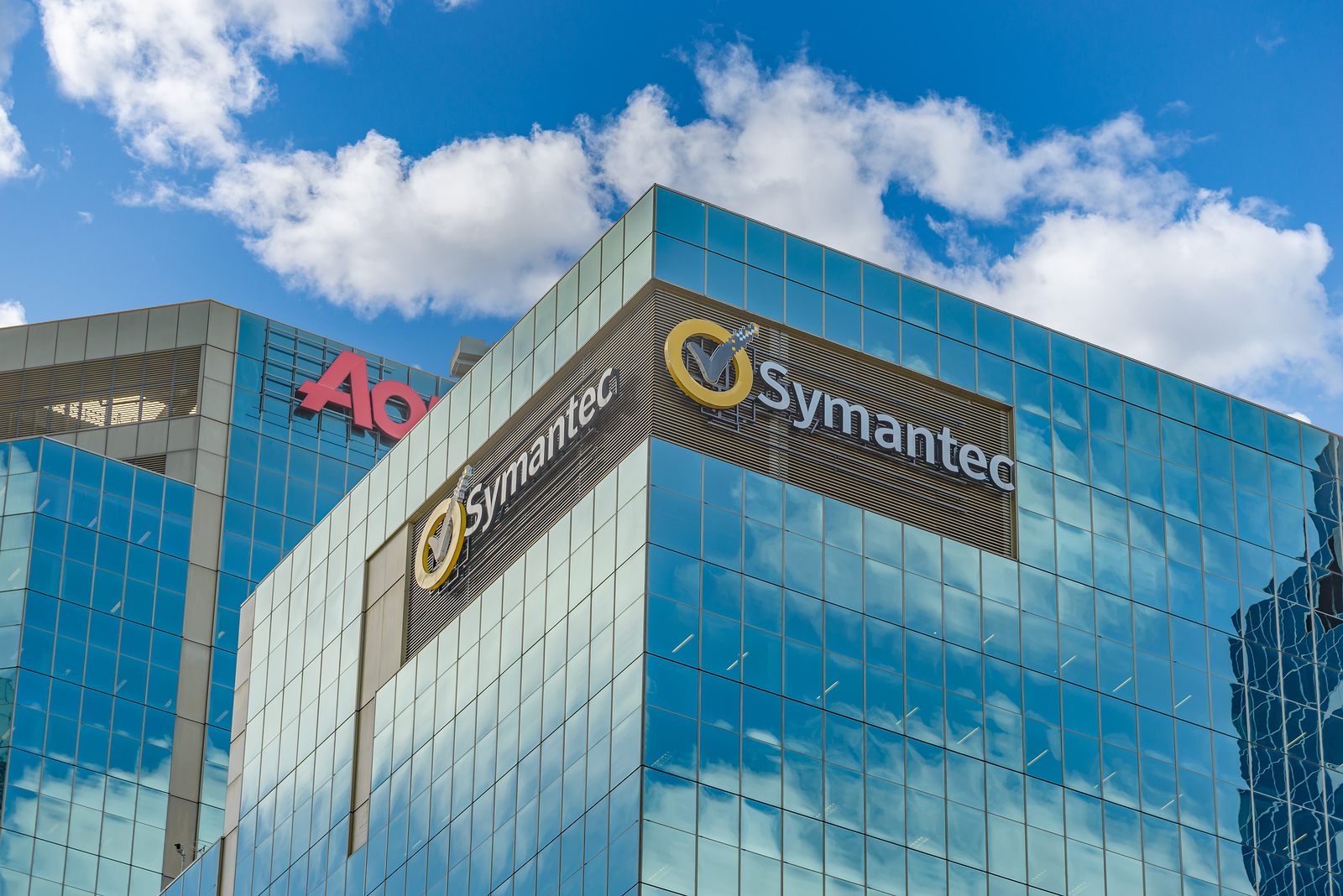 Symantec profits surge as firms prop up their cyber defences
Symantec profits surge as firms prop up their cyber defencesNews The company also announced plans to sell its web certificate business
By Dale Walker
-
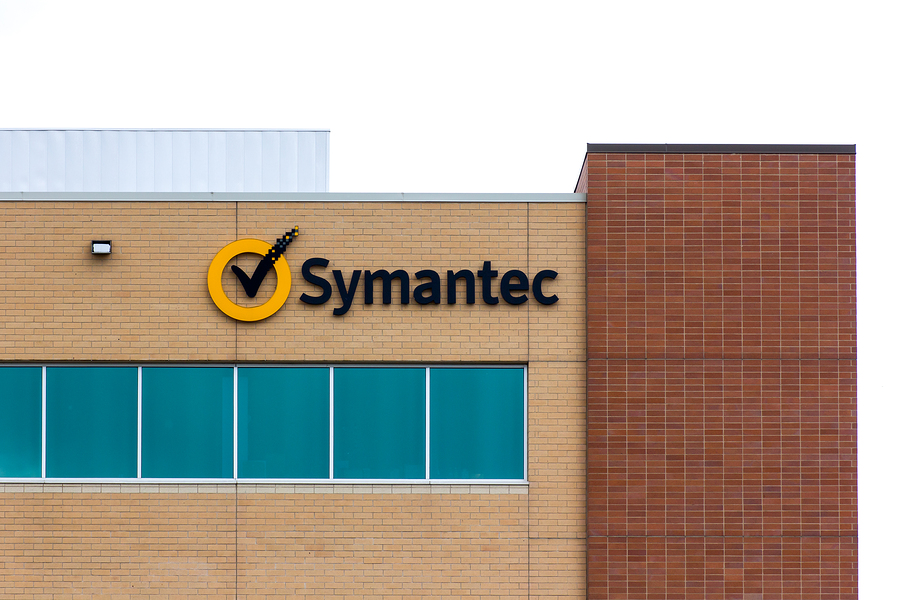 Symantec to pay $4.65 billion to acquire Blue Coat
Symantec to pay $4.65 billion to acquire Blue CoatNews Greg Clark to become Symantec CEO, promising new cloud security
By Aaron Lee
-
 Symantec ditches reseller guilty of scamming PC users
Symantec ditches reseller guilty of scamming PC usersNews Silurian told people they had malware, then sold them Norton Antivirus for $249
By Joe Curtis
-
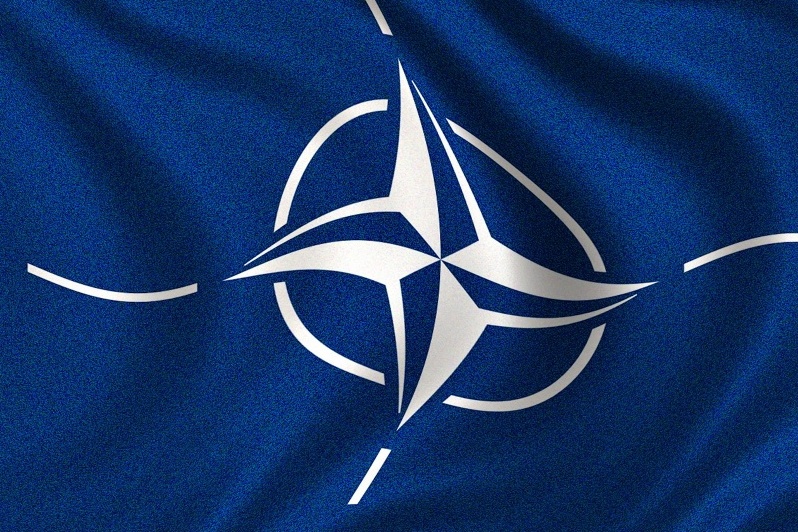 NATO builds up cyber alliance with Symantec tie-in
NATO builds up cyber alliance with Symantec tie-inNews Military industrial link up to fight cyber attacks
By Rene Millman
-
 Junk emails fall to their lowest rate in 12 years
Junk emails fall to their lowest rate in 12 yearsNews Spam is dropping, says Symantec, but other malware threats are on the rise
By Joe Curtis
-
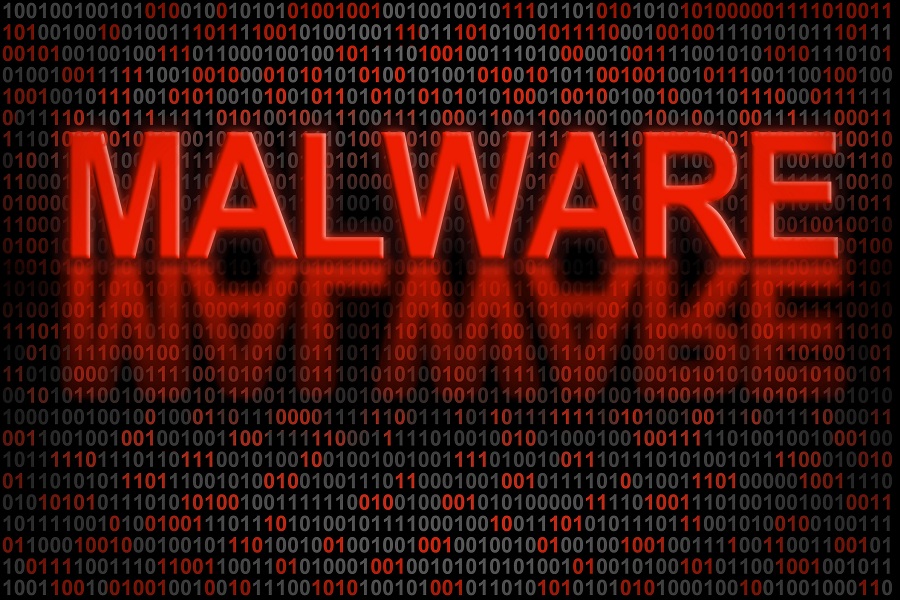 Kaspersky: "We have never been asked to whitelist malware"
Kaspersky: "We have never been asked to whitelist malware"News A company blog has revealed neither government nor any other entity has asked it to stop detecting malware
By Clare Hopping
-
 Symantec: “Anti-virus software is no moneymaker"
Symantec: “Anti-virus software is no moneymaker"News Norton designers claim anti-virus is ineffective in the modern security climate
By Alex Hamilton